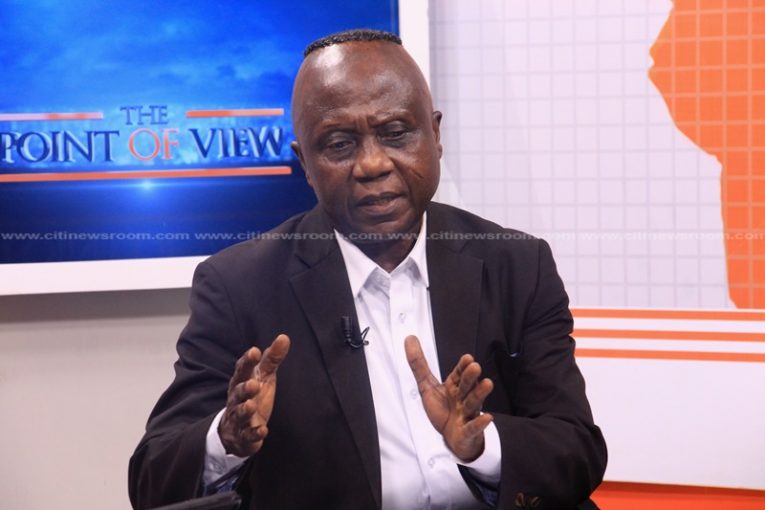The Institute of Economic Affairs (IEA) has attributed the current stability in Ghana’s energy sector to investments made by previous administrations.
President Akufo-Addo during the State of the Nation Address (SONA) to Parliament on Tuesday, February 27, claimed that power has been stable during his seven-year term, but Dr John Kwakye, IEA Ghana’s Director of Research, has credited this stability to past investments and contractual agreements made by previous administrations.
Dr. Kwakye refrained from engaging in debates over who precisely resolved the “DUMSOR” menace, acknowledging that power stability over the past seven years surpassed that of previous years.
“The President mentioned his government’s success in ending the “DUMSOR” menace and managing “to keep the lights on in the last seven years. We are not going to get into the unproductive debate as to who ended DUMSOR.
“The fact that power has been much more stable in the last seven years than the previous four years, however, is evidently clear. It is also a fact that the subsequent stability benefited from previous investments in the power sector. What we also know is that the stable power has been achieved at considerable budgetary cost some of which emanated from previous contractual agreements,” he said.
While acknowledging the government’s achievements in eradicating power outages, Dr. Kwakye underscored the importance of comprehensively addressing sporadic power issues known as ‘Dumsor.’

He recommended tackling legacy debts and enhancing the efficiency of the Electricity Company of Ghana (ECG) as part of the solution.“The solution should include how to deal with the legacy debts, improving the efficiency of the Electricity Company of Ghana (ECG), including by reducing the industry-high distribution losses, improving bill collections, stemming illegal connections and moving to legitimate cost-recovery tariffs.
”Dr. Kwakye further proposed hiring expert managers to address the challenges faced by the struggling power company, emphasizing the need for efficient management under state ownership.




































